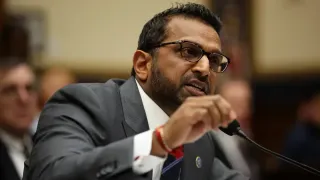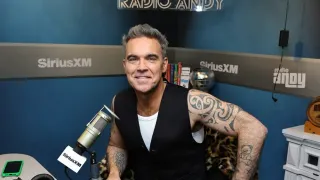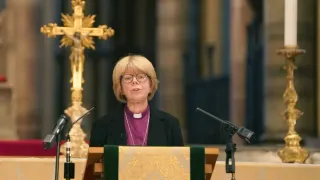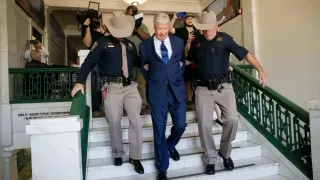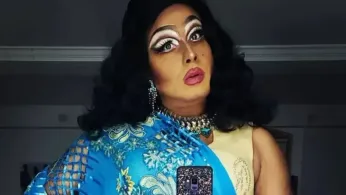
4 hours ago
Harvard Appoints Drag Star LaWhore Vagistan as Visiting Professor, Prompting Right-Wing Backlash
READ TIME: 3 MIN.
Harvard University, one of the world’s most prestigious academic institutions, has appointed Kareem Khubchandani—an acclaimed performance studies scholar and drag artist known as LaWhore Vagistan—as a visiting professor in its Studies of Gender and Sexuality program. This groundbreaking appointment marks a significant moment for LGBTQ+ representation in academia and has generated both celebration and fierce criticism from various quarters .
Khubchandani, who holds a PhD in performance studies from Northwestern University, is recognized for their theoretical and creative work at the intersections of gender, sexuality, South Asian diaspora, and performance art. Their drag persona, LaWhore Vagistan, is celebrated for blending humor, social critique, and South Asian cultural references, making complex issues accessible both in academic settings and on stage .
In the upcoming academic year, Khubchandani will teach two courses at Harvard: “Queer Ethnography” in the fall and “RuPaulitics: Drag, Race, and Desire” in the spring semester. These courses are designed to examine the politics of drag, its cultural impact, and the lived experiences of queer communities, particularly those from marginalized backgrounds .
Khubchandani’s scholarly contributions include the widely cited book “Ishtyle: Accenting Gay Indian Nightlife” (2020), which explores the vibrant queer nightlife scenes of South Asian diasporas. Their research and creative work are frequently featured in academic journals and media outlets, expanding the discourse on drag beyond entertainment to its role as a form of resistance, community-building, and self-expression .
For many LGBTQ+ advocates, students, and educators, this appointment represents a long-overdue recognition of queer artistry and scholarship within elite academic spaces. “Harvard’s decision to bring LaWhore Vagistan into the classroom is a powerful signal that queer voices belong at the center of intellectual life, not at its margins,” said one Harvard student involved in campus LGBTQ+ advocacy .
Faculty members in the Studies of Gender and Sexuality program emphasized that Khubchandani’s expertise and lived experience will enrich the curriculum, offering students insights into the intersections of performance, race, gender, and diaspora. The appointment is also seen as aligning with Harvard’s broader commitments to diversity, equity, and inclusion .
National LGBTQ+ organizations praised the university’s decision, stating that it “sets an important precedent for other institutions to value and support queer academics and artists in all their fullness” .
The appointment has, however, drawn sharp criticism from right-wing commentators and some political figures. Outlets such as The Daily Wire and the New York Post described the decision as emblematic of what they term “Ivy League insanity,” citing it as evidence of elite universities prioritizing “identity politics” over academic rigor .
The story has quickly spread across conservative media ecosystems, with critics arguing that the appointment reflects a broader trend of “wokeness” in higher education. Some have linked the controversy to ongoing federal scrutiny of Harvard and other universities regarding campus protests and policies on free speech. Former President Donald Trump’s administration had previously targeted Harvard in efforts to tie federal funding to campus climate and governance issues, although there is no direct connection between those efforts and Khubchandani’s appointment .
Despite these criticisms, supporters counter that drag and queer performance are longstanding sites of cultural and political resistance, and that academic inquiry into these fields is both legitimate and necessary. “The backlash only underscores why it’s so important to have voices like LaWhore Vagistan in the classroom,” noted a faculty member at Tufts University, where Khubchandani also holds appointments .
As the fall semester begins, attention will be focused on how students and faculty engage with Khubchandani’s courses and performances. Early indications suggest strong interest in the classes and increased visibility for campus LGBTQ+ initiatives.
For many in the queer community and among Harvard’s allies, the appointment of LaWhore Vagistan is seen not only as a recognition of individual achievement but also as a step toward a more diverse and inclusive academic future. The debate it has sparked, meanwhile, highlights the enduring tensions in American society over cultural change, academic freedom, and the role of universities in shaping public discourse .
As Harvard continues to navigate these challenges, the presence of LaWhore Vagistan in its halls marks a new chapter in the ongoing story of queer visibility, intellectual inquiry, and the transformative power of performance.
